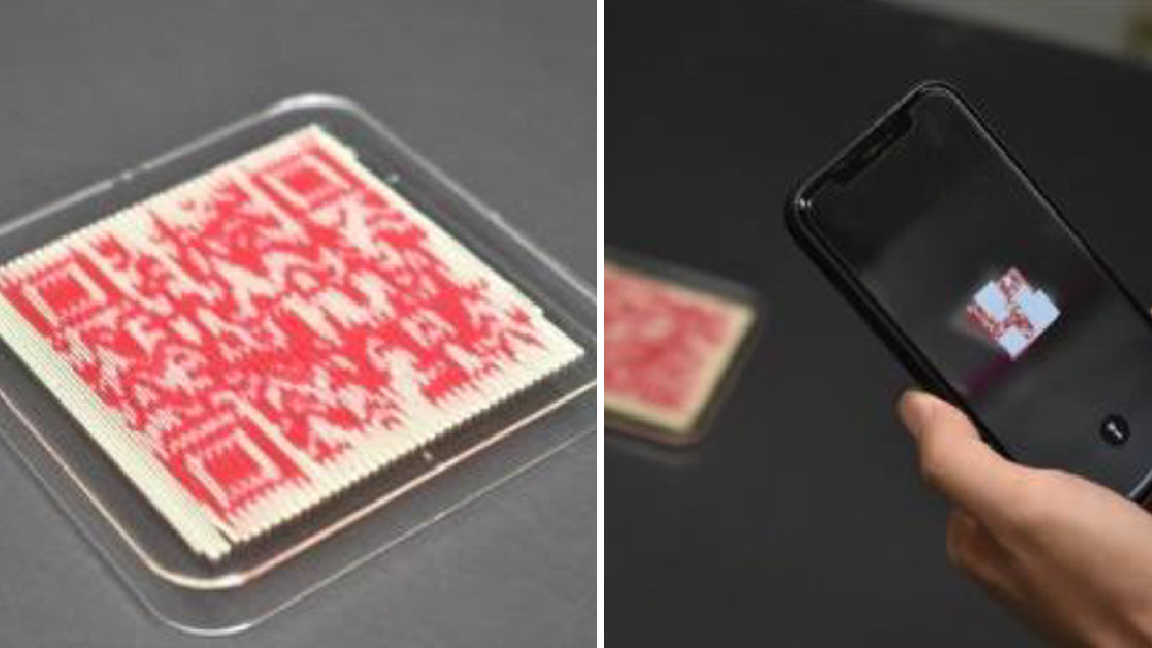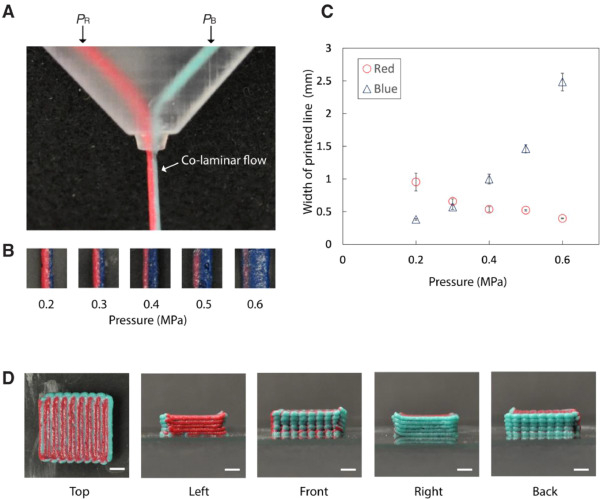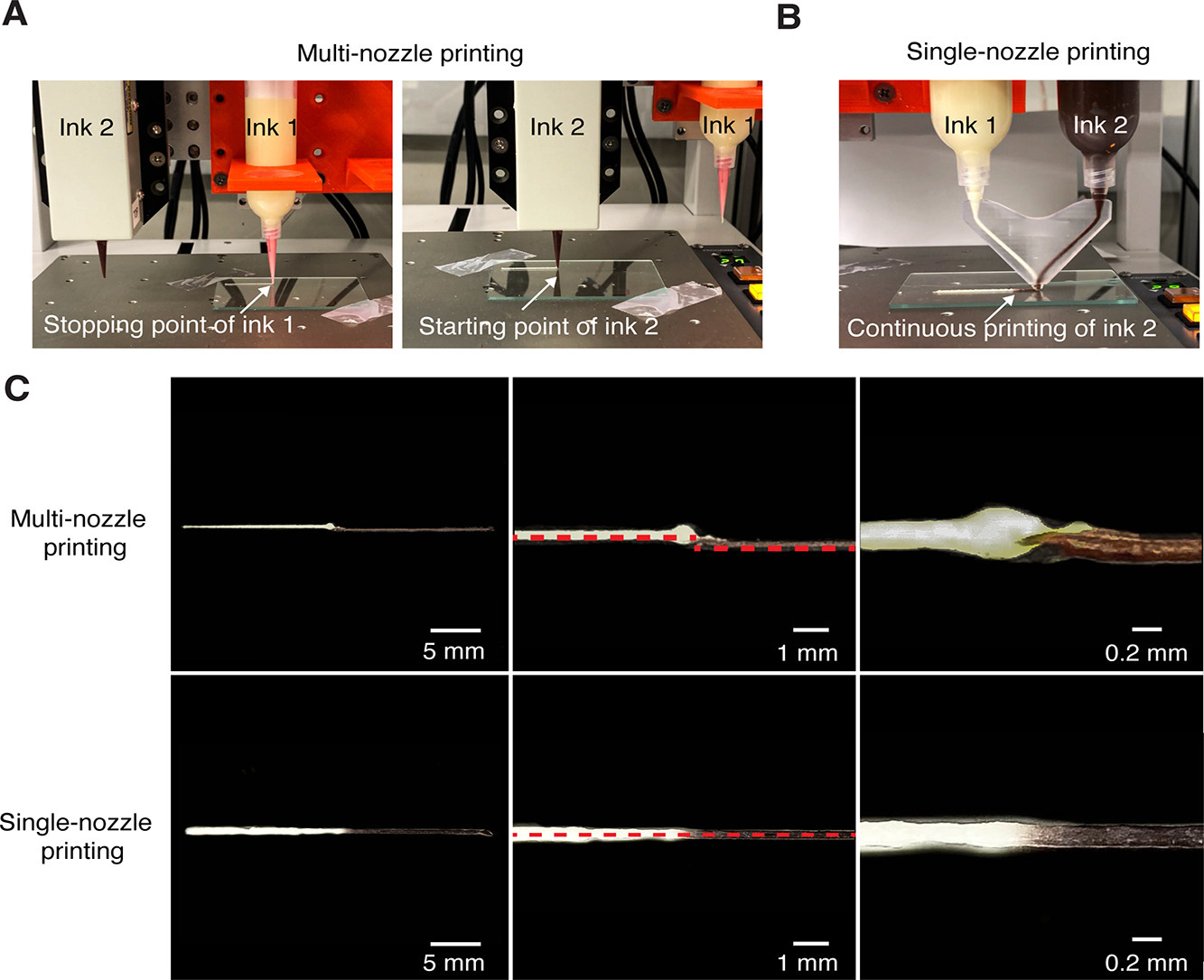These 3D-printed QR codes are scannable and edible

A team from the Singapore University of Technology and Design has 3D printed a QR code that you can eat. It was accomplished using a new extrusion system design that allows their 3D food printer to swap easily between filaments. The team comprises four members: Cheng Pau Lee, Mervin Jian Yi Ng, Nicole Min Yu Chian, and Michinao Hashimoto.
It isn't the first food-based 3D printer we've seen. We have reviewed the Cocoa Press 3D Printer in the past and appreciate its chocolatey contribution to the 3D printing community. This 3D printer, however, is attractive in that it uses a broader variety of food-based filaments. As neat as this is, it leads to a problem in which so many different filament compositions require the nozzle to be swapped between them.
To address this issue, the team put together a nozzle explicitly designed to switch between filaments when those filaments have differing pressure requirements. Another benefit of using one nozzle instead of switching is the seamless transition. It allows for more precise printing.


To demonstrate its ability, the team was able to print a few things out of multiple materials—one of which was a working QR code that can, of course, be eaten after it's scanned. The team published findings from their research and development in a recent issue of Future Foods. In it, they explain the nozzle's design process and provide pictures along the way.
Dr. Lee elaborated on the possible use cases for their work, explaining that it could be a tool to help individuals meet specific dietary requirements. On the other hand, it could be implemented for more fun endeavors like the edible QR code example or other interactive designs. The door is open to take some tasty artistic liberties.
You can read more about the team's work at Science Direct, including the edible QR codes.
MORE: Best 3D Printers
Get Tom's Hardware's best news and in-depth reviews, straight to your inbox.
MORE: Best Budget 3D Printers
MORE: Best Resin 3D Printers

Ash Hill is a contributing writer for Tom's Hardware with a wealth of experience in the hobby electronics, 3D printing and PCs. She manages the Pi projects of the month and much of our daily Raspberry Pi reporting while also finding the best coupons and deals on all tech.